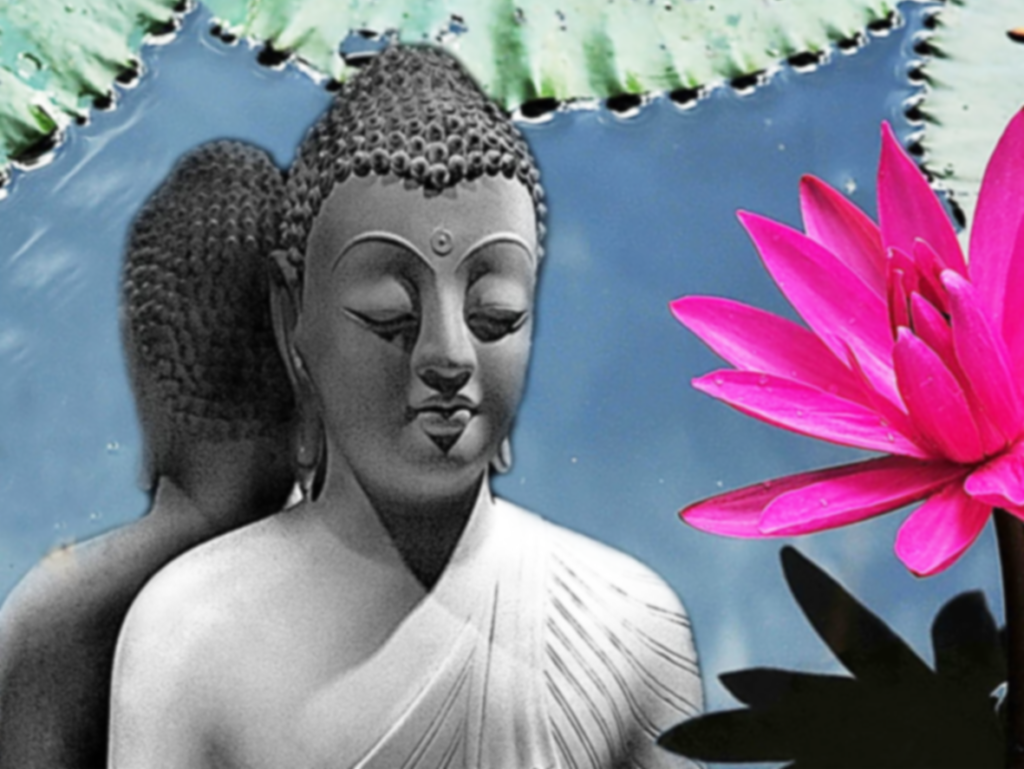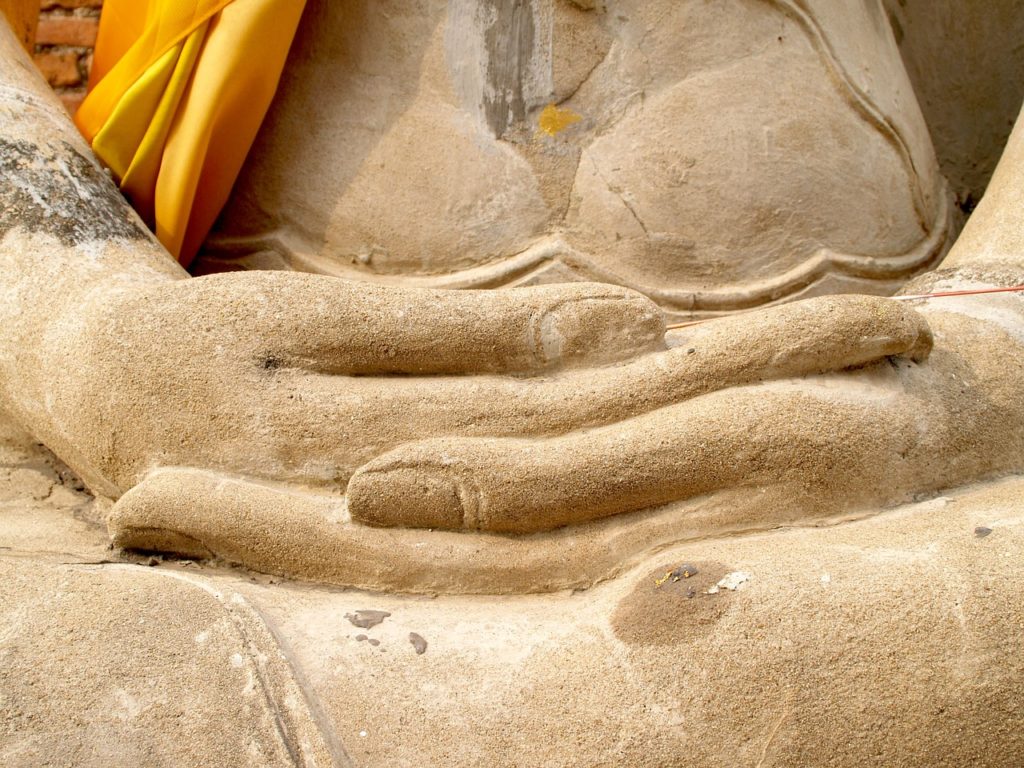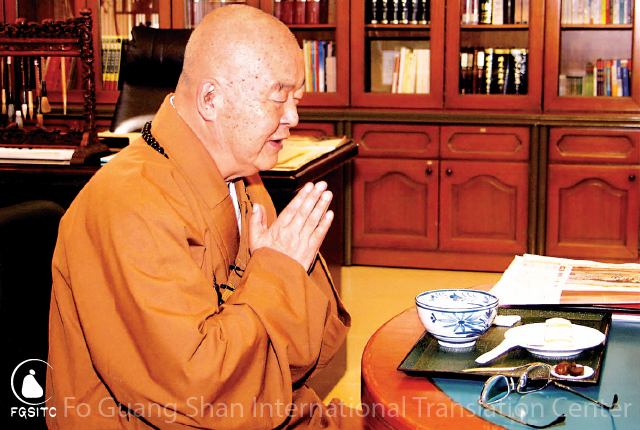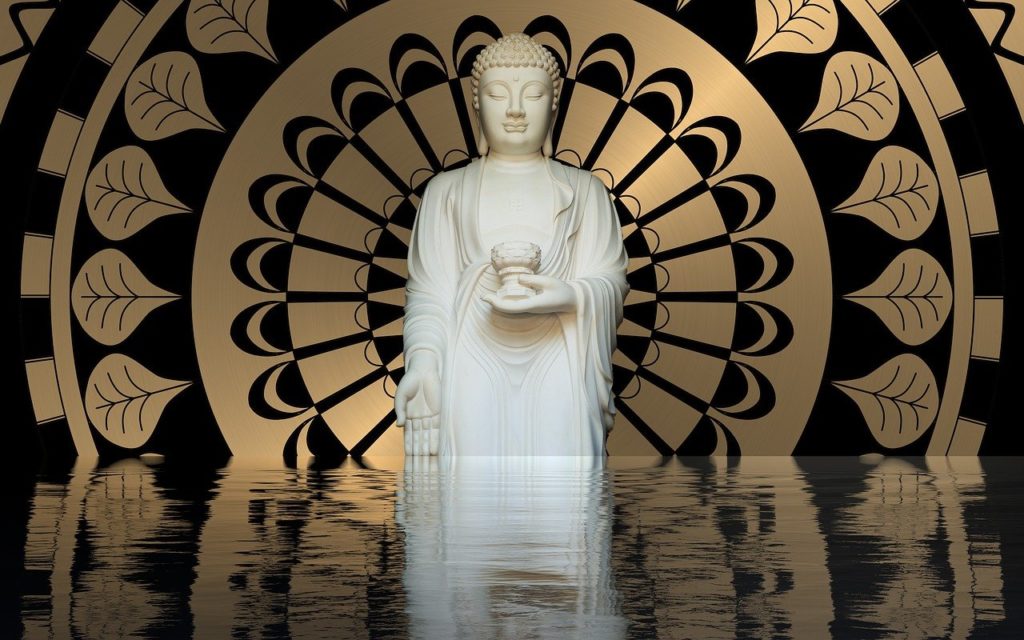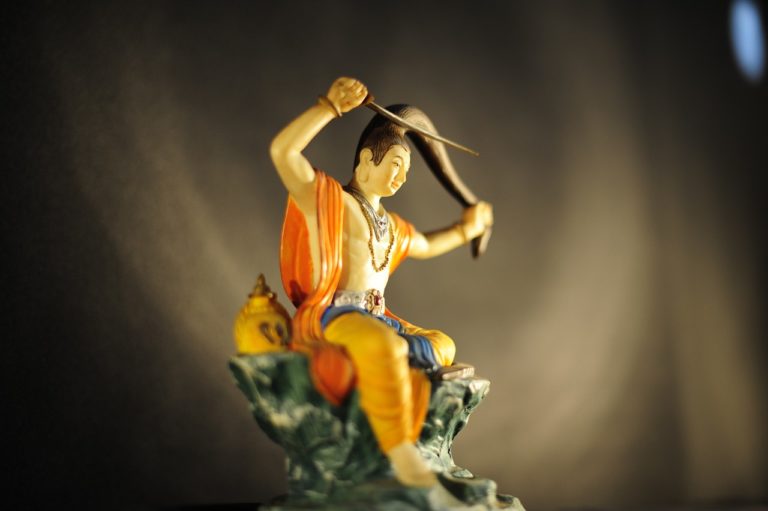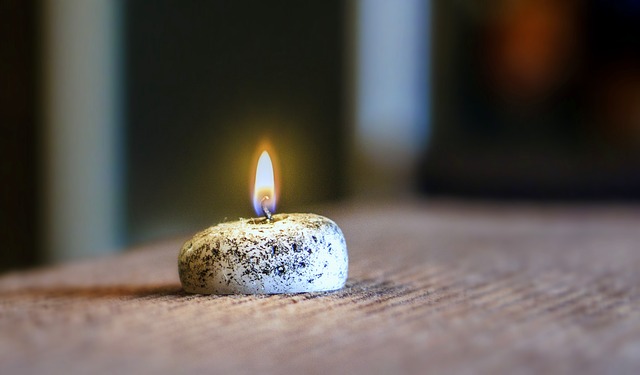
Master Zhiyi’s “six wonderful methods” describe four different kinds of specialized breathing: bellowing winds, broken panting, low-pitched breathing, and internalized breathing.
1. Bellowing Winds
“Bellowing Winds” describes when one’s inhalations become more and more powerful. As the breathing becomes deeper and longer it can become very loud. This is because, once the power of one’s concentration has been gathered, it can be transferred elsewhere with great force. During practice, pay attention to the dantian. When your breath needs to be invigorated, inhalations supported by the dantian can produce surprisingly loud sounds. This is like how some people snore really loudly once the mind and body are completely relaxed and the breath has become even and rhythmic. When first beginning to practice breath counting, the breath will be somewhat noisy; especially inhalation.
2. Broken Panting
“Broken Panting” is similar to when a child starts crying hysterically and then sees his mother coming. He tries to talk, but he is still caught up in the breathing of his crying. The inhalations have short pulses in them like the percussive “chop, chop, chop” of bamboo being split apart. Not all people experience this stage of pumping or panting in their breathing. Perhaps this is similar to, in acupuncture, the experience of opening the ren and du channels.
3. Low-pitched Breathing
“Low-pitched breathing” is similar to the kind of breathing used while practicing Qìgōng. This stage is not loud and noisy like the “bellowing winds” stage mentioned above, but one’s inhalations are just as deep and long. One can hear the slight sound of breathing.
4. Internalized Breathing
“Internalized breathing” refers to when the movement of the breath has been nearly perfectly collected in the dantian. The breath energy feels like a melody, as if the breath is not even there. This is similar to the very long, quiet breathing called “turtle breathing” by the Daoists. Ordinary people have difficulty understanding the fourth stage, but if you are able to follow your breath smoothly and enter samādhi, that is enough. Perhaps it has to do with a person’s physical constitution, but not everyone is able to experience “lowpitched breathing” and “internalized breathing.”
In summation, when practicing breath counting, place your focus on the tip of your nose.
Observe yourself and ask:
When I breathe in and out, where does it go? Do I breathe in long or short? Do I breathe out long or short? Are both short? Are both long?
You should attentively look after your breathing. It does not matter if your breaths are long or short, just that you know them clearly. The mind and body are not separate. If a thought moves, our breath energy moves with it. If our breath energy moves, the body moves along with it. If you can link your concentration with the pulse of your breath energy, it is easy to get rid of stray thoughts.
If you concentrate on the length of your breath, and take good care of your breath, it will be easy to enter samādhi. Later, if you want to practice other forms of meditation such as contemplating impurity, contemplating skeletons, contemplating emptiness, contemplating the Buddha, or other such methods, the ability to enter samādhi will allow you to securely focus on these meditation objects. In the Connected Discourses, Śākyamuni Buddha taught breath counting meditation, but he did not ask that everyone count from one to ten. He just wanted people to pay attention to the length of their breaths. Whatever the method, I hope you are all able to make use of breath counting in your practice.
From Meditation and Wisdom, written by Venerable Hsin Ting.
Image from Pixabay.



